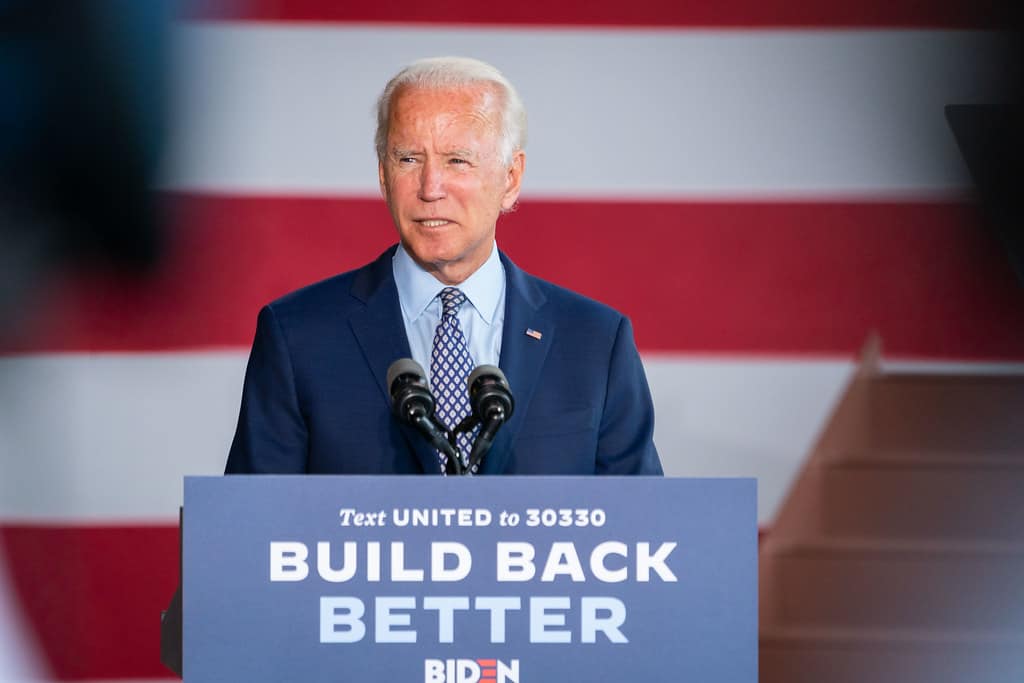
Swap Agrawal is a student at Harvard Law School.
In this weekend’s news and commentary, the Biden administration’s 2023 budget proposal includes increased spending on the NLRB, EEOC, and DOL; new and increased penalties for employers who violate labor and employment laws; and a paid family and medical leave program.
On March 9, the Biden administration released its budget outline for fiscal year 2024. The $6.9 trillion proposal includes $1.7 trillion in discretionary federal spending and new taxes on the wealthy aimed at decreasing the federal deficit by $3 trillion. President Biden’s budget also includes additional spending on labor and employment. The proposal increases the NLRB’s budget to $376 million, which is a 25% increase from the $299 million authorized by Congress for this fiscal year. The current number is itself the first raise the agency received since 2014. In a statement, NLRB general counsel Jennifer Abruzzo said, “While the bump in our FY23 funding was essential in averting furloughs, the NLRB is still drastically underfunded.”
Furthermore, the budget also calls for $481 million for the EEOC, which is a 5.7% increase from the agency’s allocation for 2023. EEOC Chair Charlotte Burrows told Law360 last year that budget shortfalls were hampering the agency’s staffing levels. The proposal also increases the DOL’s budget by $1.5 billion to enable the agency “protect workers’ wages and benefits, combat exploitative child labor, address the misclassification of workers as independent contractors, and improve workplace health and safety.” This includes spending on DOL programs to support workers, such as a national, comprehensive paid leave program administered by SSA which would provide workers with progressive, partial wage replacement to take time off for family and medical reasons for up to three months.
Lastly, the proposal revives part of the Build Back Better Act which seeks to expand penalties for employers who violate DOL, EEOC, or NLRB rules. The budget summary states that “[e]mployers often receive only a slap on the wrist— at most—when they fire or retaliate against workers for exercising their right to organize and collectively bargain, steal wages from workers, force workers to work in unsafe conditions, exploit children, or otherwise flagrantly violate the Nation’s labor laws.” Therefore, the White House is proposing “instituting and meaningfully increasing penalties at DOL, EEOC, and NLRB for employers that violate workplace safety, health, wage and hour, child labor, equal opportunity, and labor organizing rules.” The White House stated in its summary that the increase will “help level the playing field for workers, protecting their right to fair representation and better working conditions.” However, President Biden’s budget, including the labor and employment provisions, are unlikely to pass in a divided Congress. Republican House members will soon respond with their own proposal.






Daily News & Commentary
Start your day with our roundup of the latest labor developments. See all
July 14
More circuits weigh in on two-step certification; Uber challengers Seattle deactivation ordinance.
July 13
APWU and USPS ratify a new contract, ICE barred from racial profiling in Los Angeles, and the fight continues over the dismantling of NIOSH
July 11
Regional director orders election without Board quorum; 9th Circuit pauses injunction on Executive Order; Driverless car legislation in Massachusetts
July 10
Wisconsin Supreme Court holds UW Health nurses are not covered by Wisconsin’s Labor Peace Act; a district judge denies the request to stay an injunction pending appeal; the NFLPA appeals an arbitration decision.
July 9
the Supreme Court allows Trump to proceed with mass firings; Secretary of Agriculture suggests Medicaid recipients replace deported migrant farmworkers; DHS ends TPS for Nicaragua and Honduras
July 8
In today’s news and commentary, Apple wins at the Fifth Circuit against the NLRB, Florida enacts a noncompete-friendly law, and complications with the No Tax on Tips in the Big Beautiful Bill. Apple won an appeal overturning a National Labor Relations Board (NLRB) decision that the company violated labor law by coercively questioning an employee […]